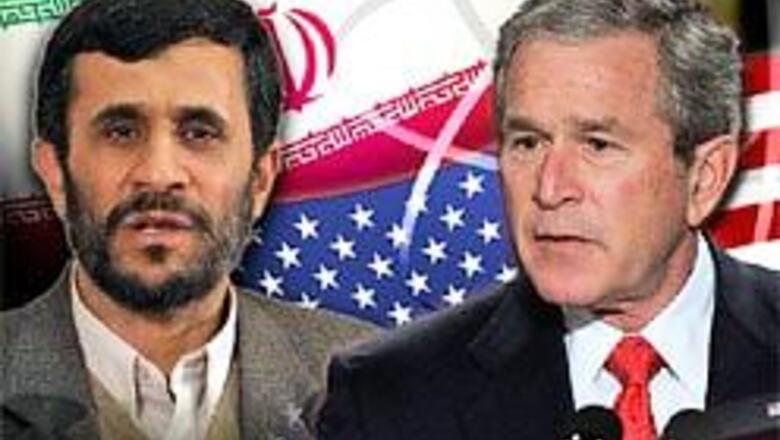
views
Vienna (Austria): Western countries at a 35-nation UN meeting pushed for a consensus on the need for Iran to freeze uranium enrichment on Tuesday.
However, diplomats said that most nonaligned countries were preparing to endorse Tehran's right to continue the work.
The diplomats, who spoke on condition of anonymity because they were divulging confidential information, said the 16 International Atomic Energy Agency (IAEA) board members from the Nonaligned Movement were likely to issue a joint statement at odds with Western efforts on enrichment.
The language would be similar to a statement issued last month by foreign ministers of nonaligned nations in Malaysia, the diplomats told The Associated Press.
That declaration "reaffirmed the basic and inalienable right" of all countries to develop, produce and use atomic energy "for peaceful purposes, without any discrimination and in conformity with their respective legal obligations".
Iran says it has a right to enrich uranium for purposes of generating electricity under the Nuclear Nonproliferation Treaty.
The US and its allies assert the claim is a cover for attempts to develop a nuclear weapons program.
When asked on Monday if Iran would suspend enrichment for the sake of negotiations, Iranian spokesman Gholam Hossein Elham repeated the government line that enrichment is Iran's "obvious right".
With the group statement decidedly favoring Iran, US and its allies were focusing on key nations with clout among nonaligned countries - such as Brazil, India and Argentina - that have sided with them in the past.
They are urging them to put pressure on Iran in individual statements to accept an offer for talks on its nuclear program, said the diplomats.
One of the diplomats familiar with confidential consultations among nonaligned countries said those backing Iran's stance engaged in a "shouting match" with those leaning toward the Western line on Monday.
The Western push already suffered a setback Monday with revelations that China and Russia were not prepared to join the United States and its European allies in a unified message insisting that Tehran halt enrichment.
Their reluctance reflected the East-West divide among the six world powers that just two weeks ago appeared to be in agreement about how to engage Iran over enrichment and to persuade it to give up technology that could be used to make nuclear arms.
Resistance by Russia and China to tough UN action contributed to Washington's decision last month to reverse decades of policy and agree to join in multinational talks with Iran - if Tehran accepts a package of incentives, freezes enrichment during the talks and places a long-term moratorium on such activity.
British Foreign Secretary Margaret Beckett announced at the end of high-level talks in Vienna on June 2 that all five permanent Security Council members plus Germany supported the joint approach on engaging Iran. But the signs of discord Monday reflected continuing differences.
China, Russia and possibly Germany might push to allow Iran some tightly controlled small-scale enrichment rather than see talks founder.
Russia and China also might balk at enforcing selective UN sanctions on Iranian officials and activities.
But long-term, verifiable suspension of Iranian enrichment is a "red line" for US and its key Western allies, one diplomat said.
While the IAEA meeting is not expected to formally focus on the Iranian nuclear standoff until Thursday, the issue has dominated the meeting from its opening on Monday.



















Comments
0 comment